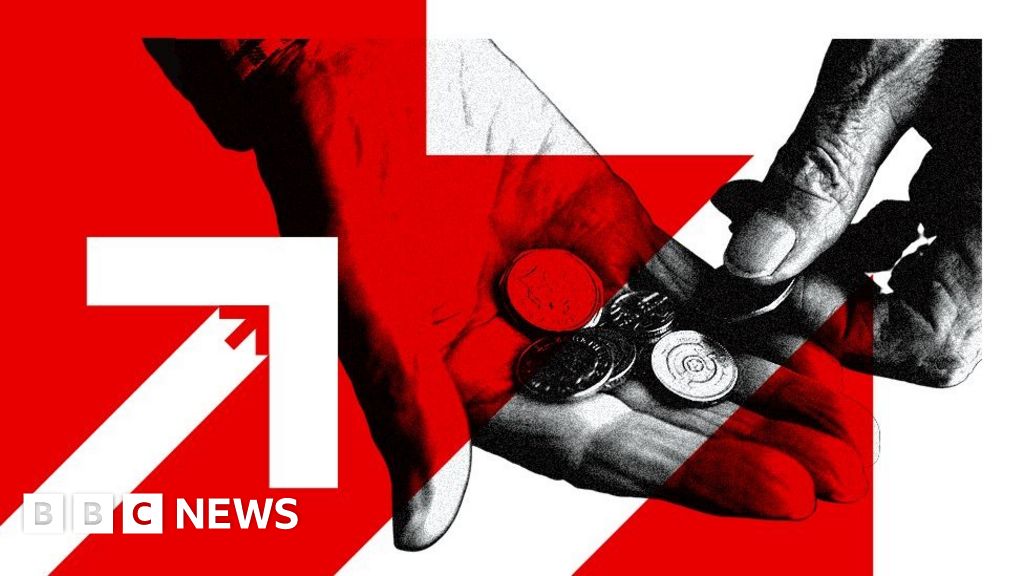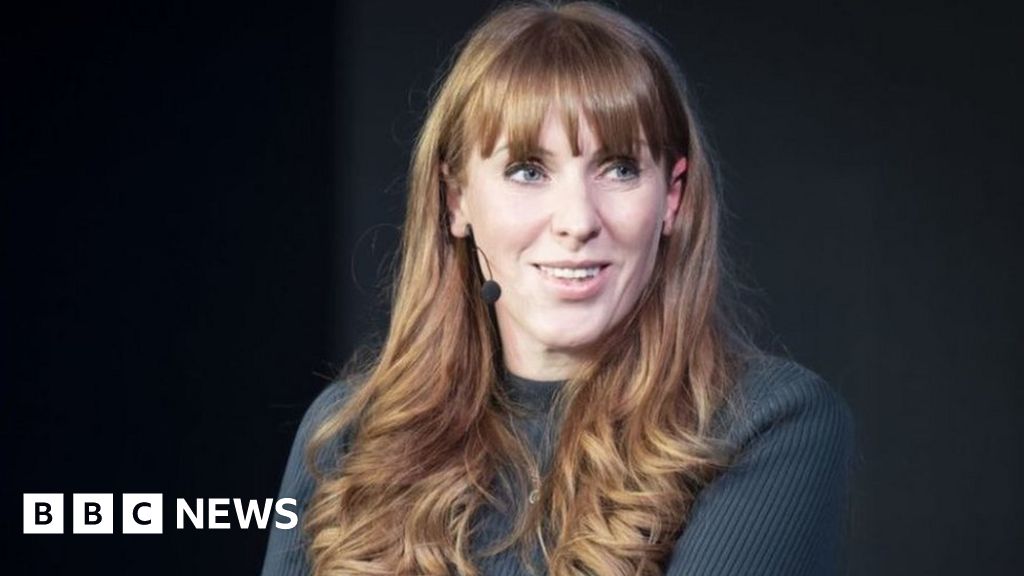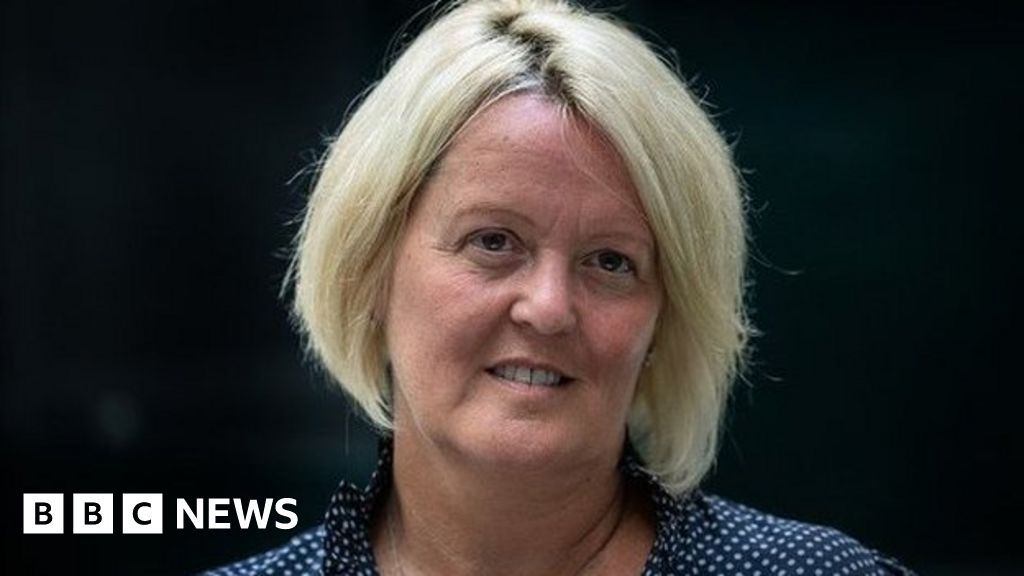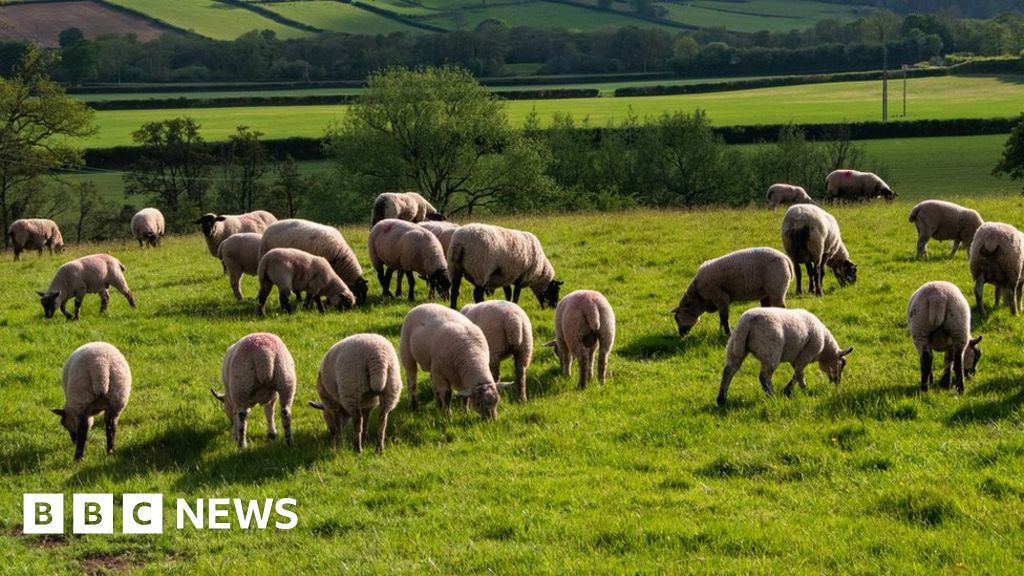[ad_1]
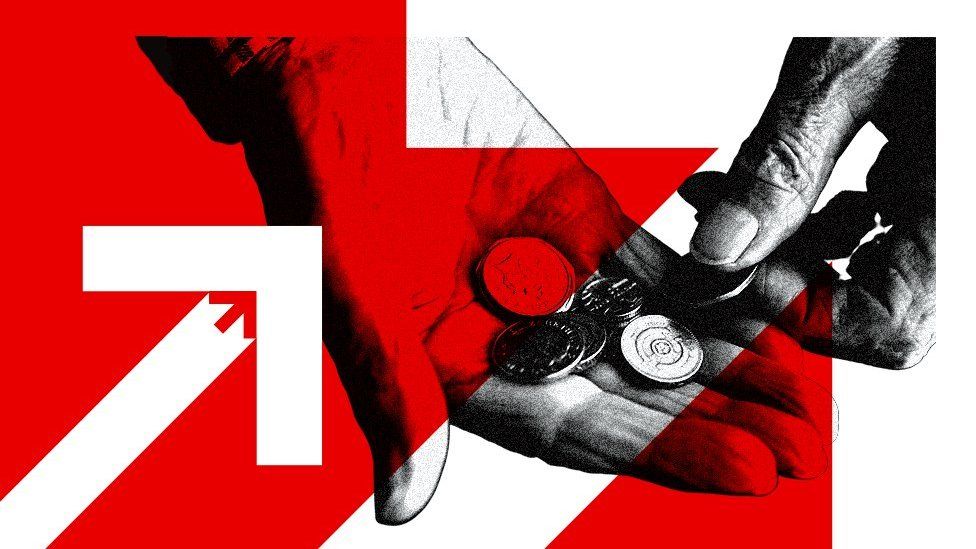
The cost of living is increasing again at its fastest rate in 40 years.
The rising prices of food and energy are the main causes.
What does inflation mean?
Inflation is the increase in the price of something over time.
For example, if a bottle of milk costs £1 and it goes up to £1.05 a year later, then milk inflation is 5%.
Why are prices rising so fast?
Increased energy prices are a key reason things are getting more expensive. Demand for oil and gas increased because of the end of Covid restrictions. However, the war in Ukraine meant less was available from Russia.
The war in Ukraine also led to food prices going up, by reducing the amount of grain available and pushing up costs.
It hit its highest level since April 1980, with store cupboard staples such as bread, pasta, butter and eggs all seeing a big increase.
Your device may not support this visualisation
Are wages keeping up with inflation?
This means people’s money doesn’t go as far, so buying things and paying bills gets harder.
Average wages, not including bonuses, rose by 5.4% in the three months to August 2022.
Overall, once inflation is taken into account, average pay actually fell by 2.9%.
How is the UK’s inflation rate measured?
To come up with an inflation figure, the Office for National Statistics keeps track of the prices of hundreds of everyday items. This is known as the “basket of goods”.
The basket is constantly updated. Tinned beans and sports bras were added this year, reflecting interest in plant-based diets and exercise.
Each month’s inflation figure shows how much these prices have risen since the same date last year. This is known as the Consumer Prices Index (CPI).
What’s happening in other countries?
Other countries are also experiencing a cost of living squeeze.
Many of the reasons are the same – increased energy costs, shortages of goods and materials and the fallout from Covid.
September’s annual inflation rate for countries which use the euro is forecast to be 10% in September, mainly because of energy costs.
When will inflation come down?
Lower inflation does not mean prices will go down. It just means they will stop rising as fast.
The Bank of England says it expects inflation to “peak at 11% and then remain above 10% for a few months before starting to come down”. It says inflation will be near the official target of 2% in “around two years”.
But with uncertainty over what will happen to energy prices and the impact of recent policy changes by the government, it is hard to predict what will happen.
What can be done to tackle inflation?
The Bank of England’s traditional response to rising inflation is to raise interest rates. This can encourage people to save, but means some people with mortgages see their monthly payments go up.
Raising interest rates also makes borrowing more expensive and – it is hoped – people have less money to spend. As a result, they will buy fewer things and prices will stop rising as fast.
But when inflation is caused by things like rising energy prices worldwide, there is a limit as to how effective UK interest rate rises can be in slowing inflation.
After increasing rates to their highest level in 14 years in September, the Bank said it would “not hesitate” to go further in order to tackle inflation. The next interest rate decision is on 3 November.
Find out why food prices are also on the rise.
[ad_2]
Source link

